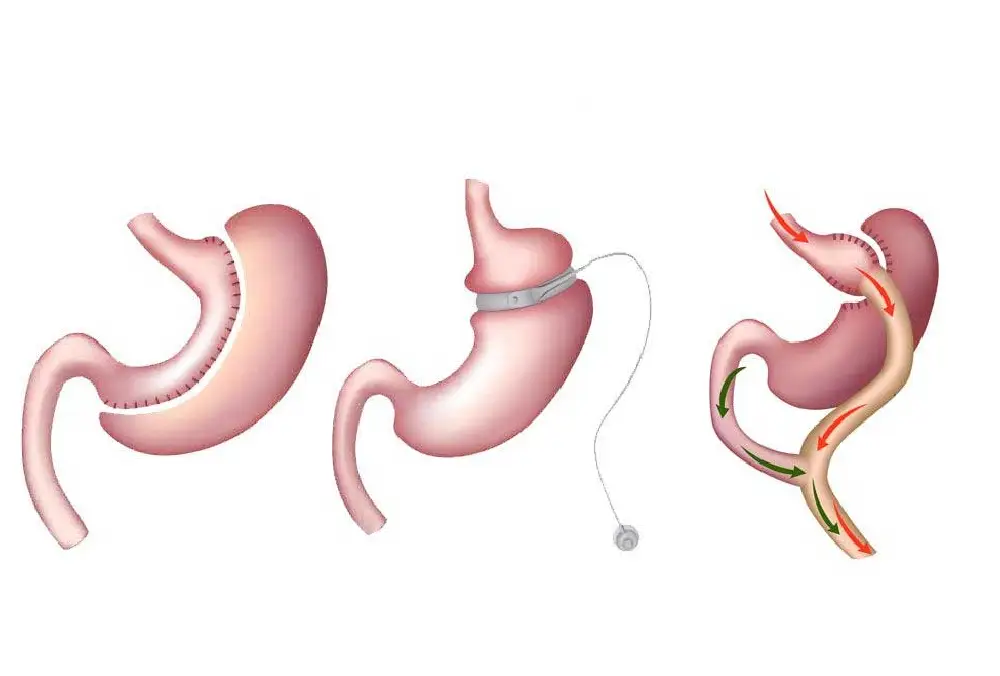Revisions Surgeries
Home -> Revisions Surgeries

- Laparoscopic Sleeve Gastrectomy
- Roux-en-Y Gastric Bypass Surgery
- Mini Gastric Bypass
- Endoscopic Sleeve Gastroplasty
- Single Anastomosis Duodenal Switch
- Duodenal Switch
- Revisions Surgeries
Overview
Revision surgeries in bariatrics refer to procedures performed to adjust or correct a previous weight-loss surgery that has not provided the desired results or has led to complications. These surgeries are typically recommended when a patient experiences inadequate weight loss, weight regain, or other issues such as complications from the original procedure. Bariatric revision surgeries are complex but can offer a second chance for patients to achieve long-term success in their weight-loss journey.
Why Are Revision Surgeries Needed?
Several factors may lead a patient to require a revision surgery, including:
- Inadequate Weight Loss:
Sometimes, the initial procedure may not provide enough weight loss, or patients may regain weight over time. - Complications:
Complications like leaks, infections, ulcers, or bowel obstructions may necessitate a revision to fix the issue and restore proper function. - Behavioral or Anatomical Changes:
Over time, the stomach pouch or intestines may stretch, reducing the effectiveness of the initial surgery. Some patients may develop unhealthy eating habits that lead to the failure of the original procedure. - Medical Reasons:
Some patients may experience new medical conditions or complications from their original surgery, making it necessary to alter or convert the procedure.
Common Types of Revision Surgeries
- Gastric Sleeve Revision: Conversion from gastric banding or sleeve to a more effective procedure.
- Gastric Bypass Revision: Converting to a more restrictive surgery, like a duodenal switch.
- Conversion from Gastric Banding: Removing the band and opting for a gastric sleeve or bypass.
- Duodenal Switch Revision: Adjusting or converting a duodenal switch surgery to improve results.
Benefits of Revision Surgeries
- Achieving Long-Term Weight Loss: A second chance for weight loss success.
- Improved Health: Helps resolve obesity-related conditions like diabetes and hypertension.
- Personalized Solutions: Tailored to meet the patient’s needs.
Risks of Revision Surgeries
- Higher Complexity: More complex than primary bariatric surgeries.
- Increased Risk: Higher chance of complications such as infection or bleeding.
- Nutritional Deficiencies: Requires lifelong supplementation due to nutrient absorption changes.
Who Needs Revision Surgery?
Patients who have experienced weight regain or complications from prior weight-loss surgeries may be good candidates for revision surgery.
Conclusion
Revision surgeries offer a chance to correct or improve the results of a previous weight-loss surgery. While more complex, they can help patients achieve lasting weight loss and improve their overall health.
